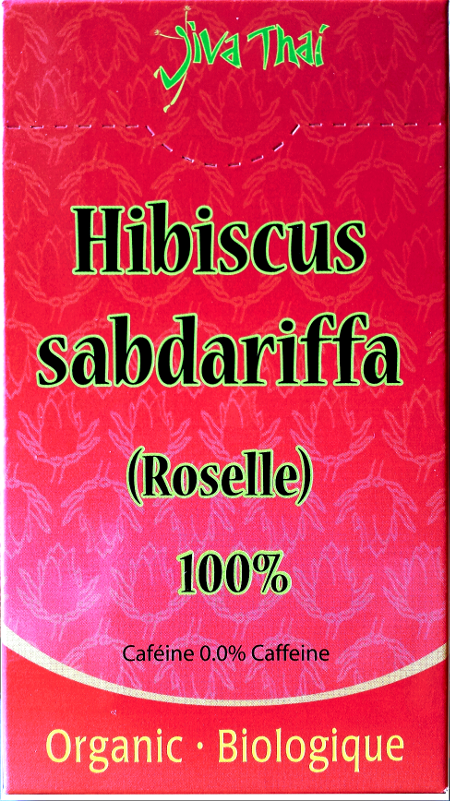Hibiscus tea is a refreshing drink commonly found in the tropic and sub-tropic regions. It is used as a food ingredient due to its red colour and sour taste.
The calyx (fruit) naturally contains many constituents like alkaloids, l-ascorbic acid, anisaldehyde, anthocyanin, β-sitosteral, citric acid, cyanidin-3-rutinoside, delphinidin, galactose, gossypetin, hibiscetin, mucopolysaccharide, pectin, protocatechuic acid, polysaccharide, quercetin, stearic acid and wax.
It has been reported that many of these phyto-constituents have a variety of biological effects including diuresis, antihypertension and hypocholesterolemia. In a study, a concentration of 5mg/ml 1 of roselle showed a remarkable antioxidant effect in inhibiting LDL (low density lipoprotein) oxidation. It was more effective than 100μm of vitamin E.
Research also showed that hibiscus could help prevent the development of atherosclerosis and cardiovascular pathologies associated with diabetes. It significantly reduced body weight gain in obese mice and increased liquid intake in healthy and obese mice.
Its medicinal uses are such as for
-
Reducing lipids in blood vessels,
-
Lowering blood pressure,
-
Reducing weight,
-
Assisting in digestion, increasing secretion of bile from liver,
-
Helping treat angiopathy,
-
Treating calculi in kidney and gallbladder,
-
Dissolving mucus (a mucolytic agent)
|
|
 |



